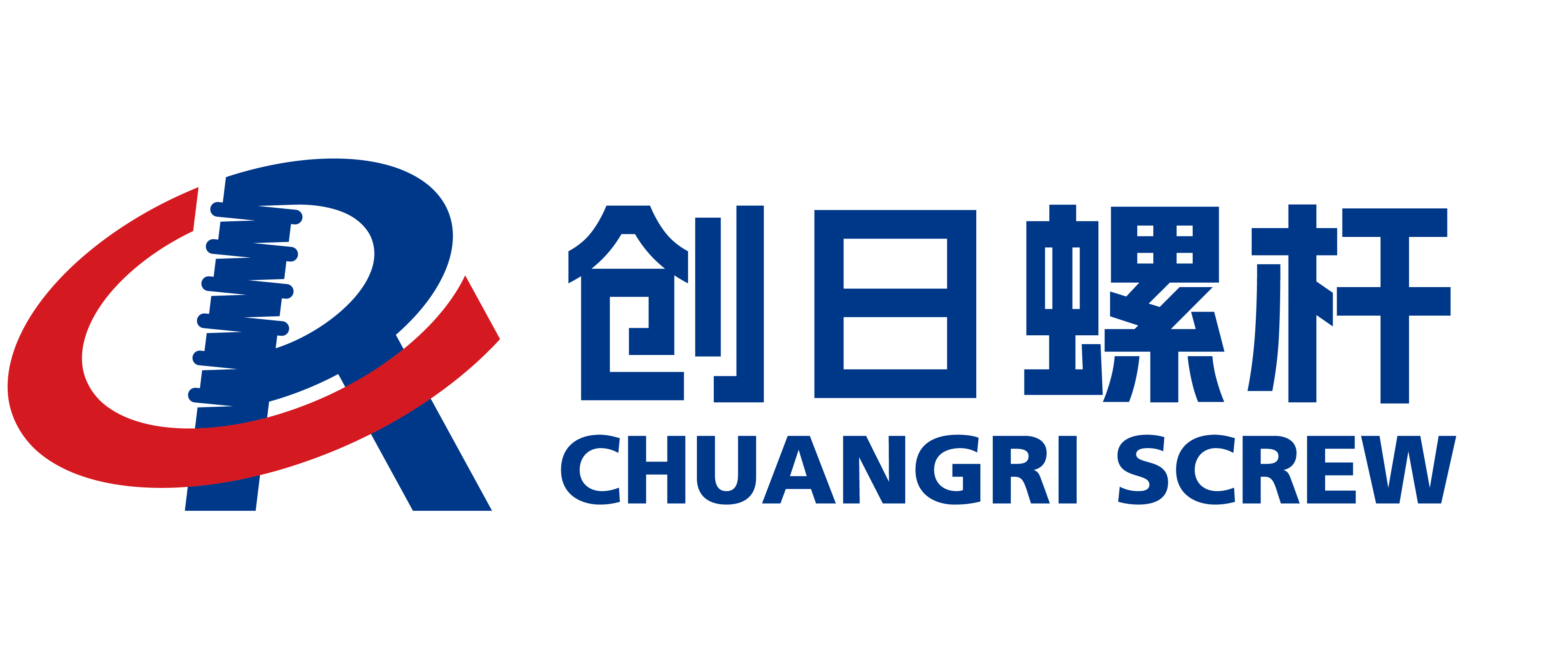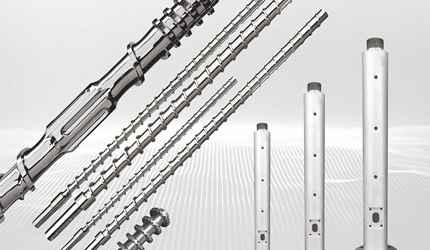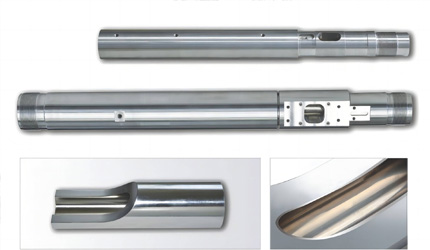The Science Behind Barrel Screw Extruders: A Comprehensive Study
The Science Behind Barrel Screw Extruders: A Comprehensive Study
In the bustling world of manufacturing, barrel screw extruders are key to many tasks. They transform raw materials into useful items for industries like plastics, automotive, and packaging. The strength, precision, and trustworthiness of these machines are vital for producing top-quality goods while keeping energy use and costs low. At CHUANGRI SCREW, we work to improve our screw and barrel solutions to meet modern needs. This article explores the science of barrel screw extruders, their uses, and how CHUANGRI SCREW’s products improve extrusion tasks.
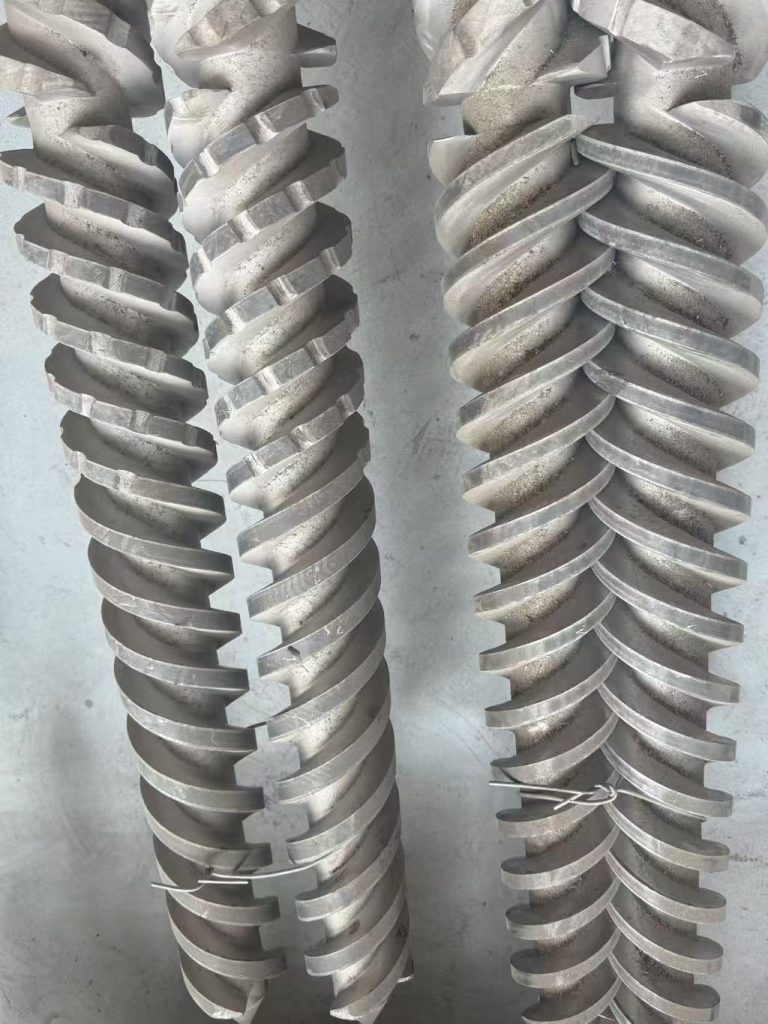
Introduction to Barrel Screw Extruders and Their Role in Plastic Processing
Barrel screw extruders are crucial in plastic extrusion. They turn raw plastic into steady shapes or sheets. They use heat and pressure to melt and form the material. The screw inside the barrel moves the material. It melts it through friction and heat. Then, it pushes the material through a die to make the final shape.
At CHUANGRI SCREW, we know strong, trustworthy extruders matter. They boost output and ensure high-quality results. As 2025 nears, manufacturers face growing calls for green practices, better efficiency, and tougher wear resistance. Our products, like the Bimetallic SKD Liner Barrel, Bimetallic Twin-Screw, and Parallel Twin-Screw Barrel, are built to meet these needs. They offer steady performance over time.
The Science Behind Barrel Screw Extruders
How Barrel Screw Extruders Work
A barrel screw extruder works through clear steps. Raw plastic enters the barrel. The screw spins and moves it forward. The heat from the barrel’s heating zones melts the material. Friction from the screw helps too. The screw mixes the material to make an even melt. Finally, the melt is pushed through a die to form the shape.
At CHUANGRI SCREW, we provide solutions that resist wear. Our Bimetallic SKD Liner Barrel is built to handle heavy wear and corrosion. This makes it great for tasks needing tough, lasting parts.
The Role of the Barrel and Screw in Material Processing
The barrel and screw are vital for steady melt quality. They ensure even material flow. CHUANGRI SCREW’s Bimetallic Twin-Screw is made for tough tasks. It handles complex materials with good mixing. It distributes materials well. This screw keeps materials processed smoothly. It maintains a stable melt temperature. This is key for top-quality goods.
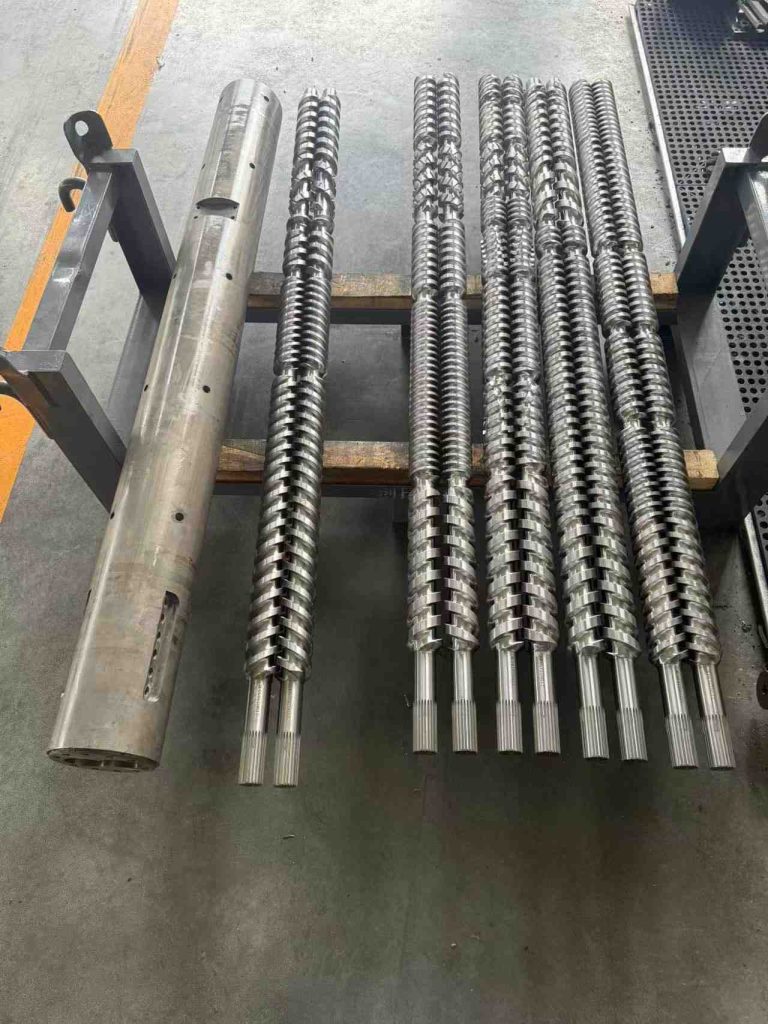
Types of Barrel Screw Extruders and Their Applications
Single Screw Extruders
Single-screw extruders are simple and common. They work well for basic tasks. These include making pipes, sheets, and films. But, as needs for complex materials grow, these extruders show limits.
To tackle this, CHUANGRI SCREW offers advanced solutions. Our Bimetallic Twin-Screw is great for precision molding tasks. Its bimetallic alloy build boosts wear resistance. This suits tough materials and settings.
Twin Screw Extruders
For complex materials and better mixing, twin screw extruders are the top pick. They handle many materials, especially when mixing polymers or additives. The two intermeshing screws give great material distribution. This ensures steady processing.
At CHUANGRI SCREW, our Parallel Twin-Screw Barrel is built for high efficiency. It provides stable output. It offers good melt quality and strong temperature control. This barrel is ideal for demanding tasks. It gives great precision and flexibility.
Material Selection for Barrel Screw Extruders
Choosing the right materials for screws and barrels is crucial. It affects performance and lifespan. Materials must resist high pressure, friction, and heat. They must stay strong over time.
Common Materials Used for Screws and Barrels
- Bimetallic Alloys: CHUANGRI SCREW uses bimetallic alloys in our Bimetallic SKD Liner Barrel. These mix base metal strength with wear-resistant traits of harder metals. This improves strength.
- Nitrided Steel: Our Nitrided Injection Molding Screw uses nitrided steel. This material gets heat treatment to form a hard surface. It resists wear. It is perfect for injection molding tasks needing high precision.
Innovative Coatings for Extra Protection
We use coatings like tungsten carbide and chrome plating. These add wear protection. They help screws and barrels last longer in harsh conditions.
Wear and Maintenance of Barrel Screw Extruders
Wear is a natural part of extrusion. Over time, friction, heat, and corrosion affect screws and barrels. Regular upkeep is key to avoiding breakdowns. It keeps extruders running well.
Common Causes of Wear
- Friction: As materials move through the extruder, friction causes slow wear. It affects the screw and barrel.
- Corrosion: Chemicals and moisture can cause corrosion. This is worse in hot settings.
- Heat Damage: High temperatures in extrusion can weaken materials over time.
At CHUANGRI SCREW, our products resist these issues. Our Bimetallic SKD Liner Barrel and Parallel Twin-Screw Barrel are built to handle wear. They cut the need for frequent fixes.
Maintaining Barrel Screw Extruders
- Regular Checks: Visual inspections help spot wear early. Tools like micrometers or ultrasonic sensors also work.
- Lubrication and Cleaning: Proper lubrication stops material buildup. Cleaning ensures smooth operation.
- Predictive Upkeep: Smart sensors monitor extruder health in real-time. They spot wear before it causes downtime.
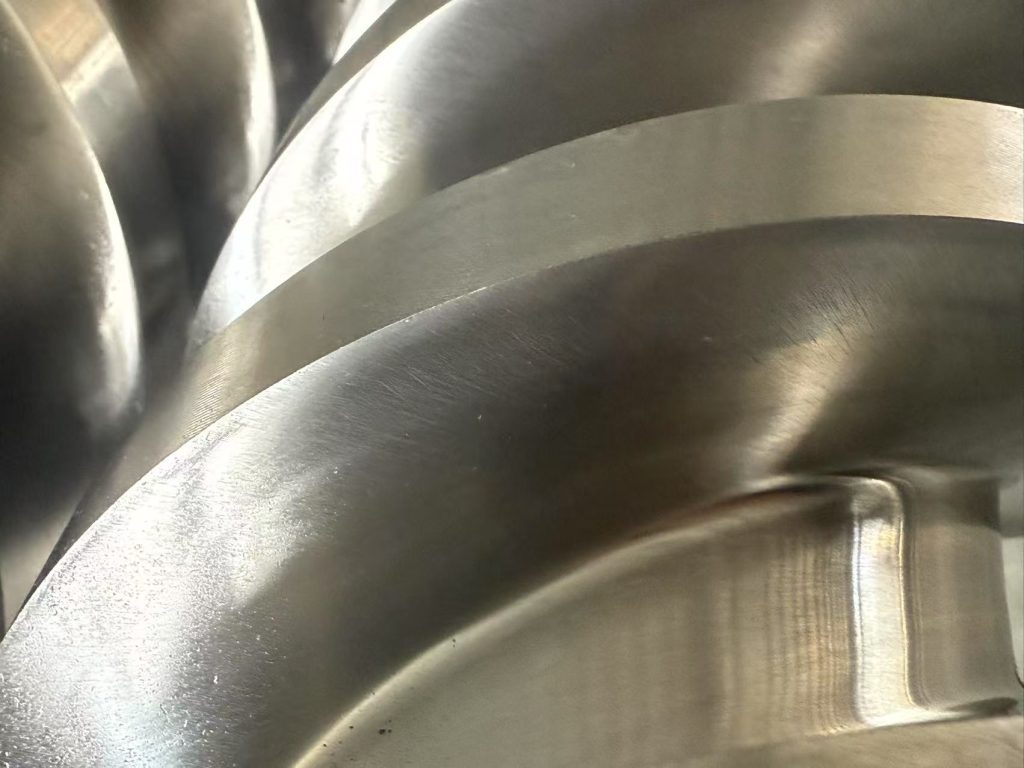
Innovations in Barrel Screw Extruder Technology for 2025
As 2025 nears, barrel screw extruders are getting smarter. They are also more efficient. At CHUANGRI SCREW, we use new advancements to help clients stay ahead.
- Smart Sensors for Real-Time Monitoring: Our extruders have smart sensors. They track wear and performance in real-time. This helps plan upkeep. It cuts downtime and boosts efficiency.
- Energy-Saving Designs: We focus on designs that use less power. Our Parallel Twin-Screw Barrel cuts energy use. It keeps a high output. This is great for demanding tasks.
FAQ
Q: What are the differences between single and twin screw extruders?
A: Single screw extruders suit simple, steady tasks. Twin screw extruders handle complex materials. They offer better mixing.
Q: How do I know when my screw or barrel needs maintenance?
A: Look for lower output or uneven material flow. Odd vibrations are another sign. Smart sensors spot issues early.
Q: What materials are used in barrel screw extruders?
A: Common materials include steel and bimetallic alloys. Nitrided steel is also used. These provide strong wear resistance in hot conditions.
Q: What innovations are driving barrel screw extruders in 2025?
A: New features include smart sensors and energy-saving designs. Strong materials like bimetallic alloys boost performance. They extend equipment life.
Q: Why is predictive maintenance important for barrel screw extruders? A: Predictive upkeep spots wear early. It prevents downtime. This keeps production steady and cuts repair costs.
